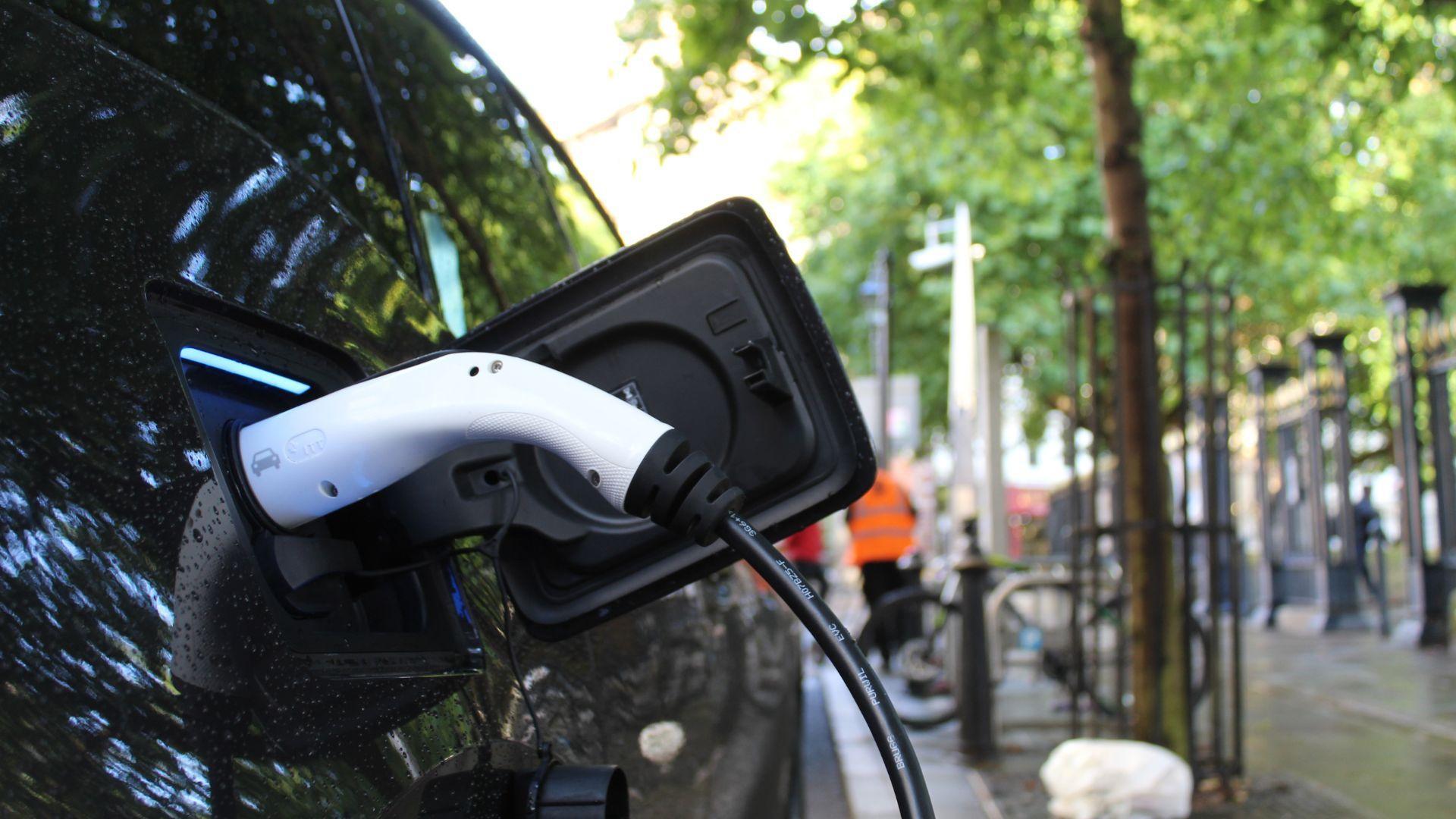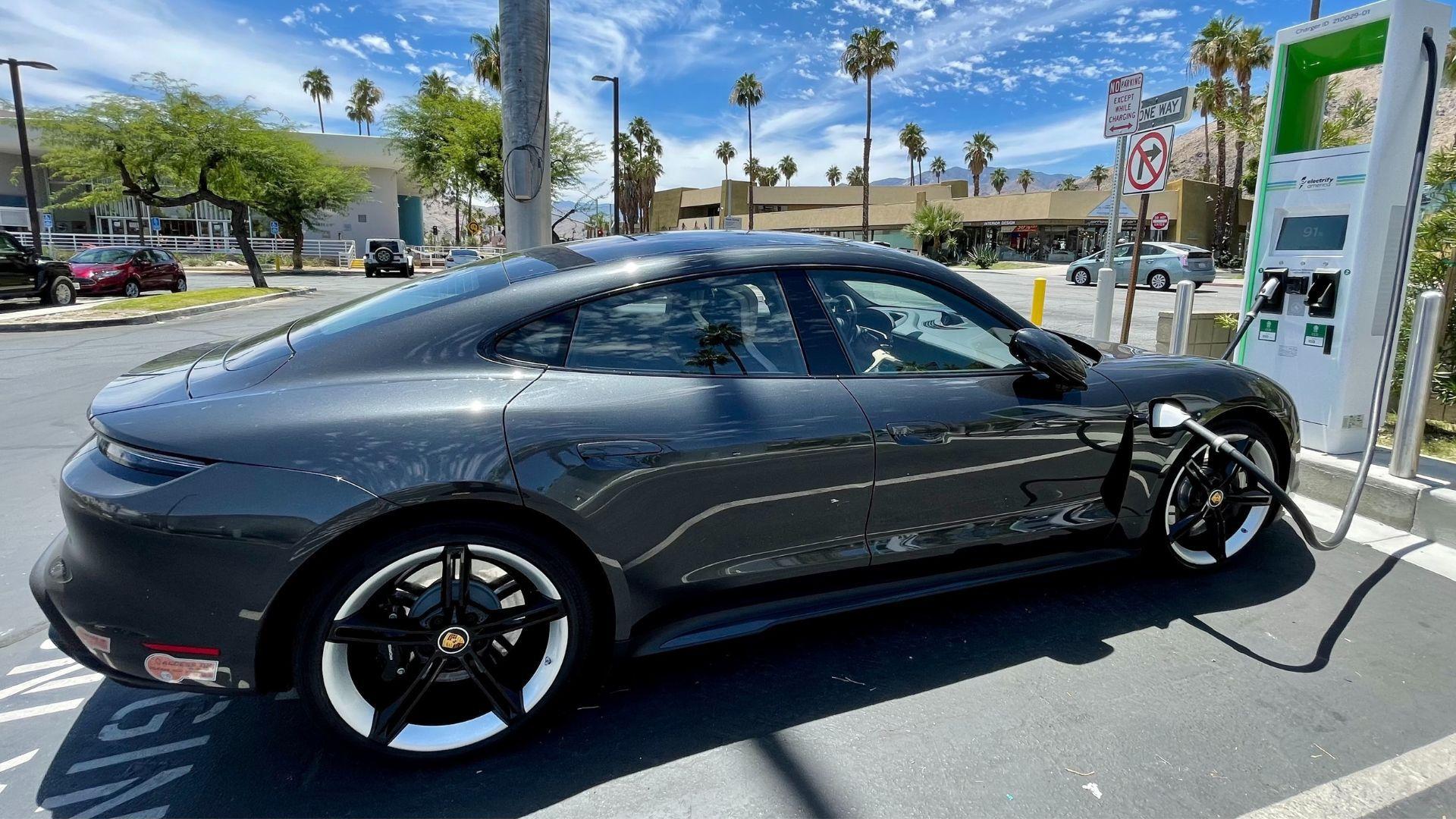State Slaps Electric Car Owners with a $200 Annual Fee: Is this a Roadblock for Green Vehicles?
The state of Texas has implemented a new law that mandates all electric vehicle (EV) owners to pay a $200 annual fee.
Additionally, those purchasing new electric vehicles are required to pay a one-time fee of $400 for vehicle registration, in addition to the yearly $200 charge.
Purpose of the New Fee
The introduction of this fee aims to recover tax revenue lost from the absence of gasoline purchases by EV owners. Taxes collected from gasoline sales are typically utilized for road and highway repairs, and occasionally for school improvements.

Source: Jared Murray/Unsplash
With the increasing number of EVs in Texas, estimated at over 200,000, the state aims to generate approximately $38 million annually for highway repair.
Concerns Regarding the New Bill
There are concerns that the new bill may discourage Texans from purchasing electric vehicles, despite their environmental benefits.

Source: Andrew Roberts/Unsplash
Kara Kockelman, a professor at UT-Austin, expressed her concerns stating, “Texas is really behind the curve on trying to do the right thing by the environment. And so, that’s embarrassing, I think, for all of us.”
Debate Over the Fee Amount
Consumer Reports argues that the $200 annual fee is excessive, suggesting instead a “maximum justifiable EV fee” of $71 for Texas.

Source: Giorgio Trovato/Unsplash
Dylan Jaff, a policy analyst, contends that the proposed fees are inequitable for EV owners and do not provide a viable solution to the enduring issue of road funding revenue.
Other States Charging EV Owners
Texas is not alone in imposing fees on electric vehicle owners.

Source: Bob Osias/Unsplash
At least 18 other states in the U.S. have implemented annual fees for EV owners, with amounts ranging from $50 to $200.
Potential Tax Breaks and Incentives
To mitigate the impact of potential EV fees and the vehicle’s sticker price, it is recommended to investigate available tax breaks and incentives for electric vehicle purchases in your state.

Source: Alex/Unsplash
These incentives can help offset the costs associated with transitioning to cleaner and greener transportation options.
The Benefits of EVs
Despite the new fees, electric vehicles offer significant benefits including reduced gas bills, decreased air and noise pollution, and less emission of greenhouse gases.

Source: Andreas Rasmussen/Unsplash
Although the new fees present a financial consideration, the environmental and long-term financial advantages of electric vehicles remain substantial.
Support for the Oil and Gas Industry
The new legislation is perceived by some as indicative of Texas’ support for its vital oil and gas industry.

Source: Patrick Hendry/Unsplash
However, critics argue that it is essential for the state to shift its priorities towards environmental conservation.
Texas' Position in the Global Climate Effort
As the world transitions towards cleaner energy, this new law raises questions about Texas’ commitment to combating climate change.

Source: Erin Hervey/Unsplash
Does the implementation of these fees place Texas behind the curve in the global effort to reduce greenhouse gas emissions?
Prospects for Electric Vehicles in Texas
The new law imposes additional fees on electric vehicle owners in Texas, raising concerns about its potential impact on the growth of electric vehicles in the state.

Source: Natilyn Photography/Unsplash
It remains to be seen whether the benefits of electric vehicles will be significant enough to outweigh these costs and sustain their popularity despite the additional financial burden.
Advocating for a Sustainable Future
If you disagree with the new electric vehicle fees, it is important to make your voice heard by contacting your local representatives.

Source: Eren Goldman/Unsplash
Public opinion can play a crucial role in shaping policies that support a cleaner, more sustainable future.
Navigating the Path Forward
As the world moves towards a cleaner, more sustainable future, laws like this one raise critical questions. Is it fair to impose additional fees on electric vehicle owners?

Source: Jenny Ueberberg/Unsplash
Is there a more equitable way to fund road repairs? The answers to these questions will have a significant impact on our collective future.
